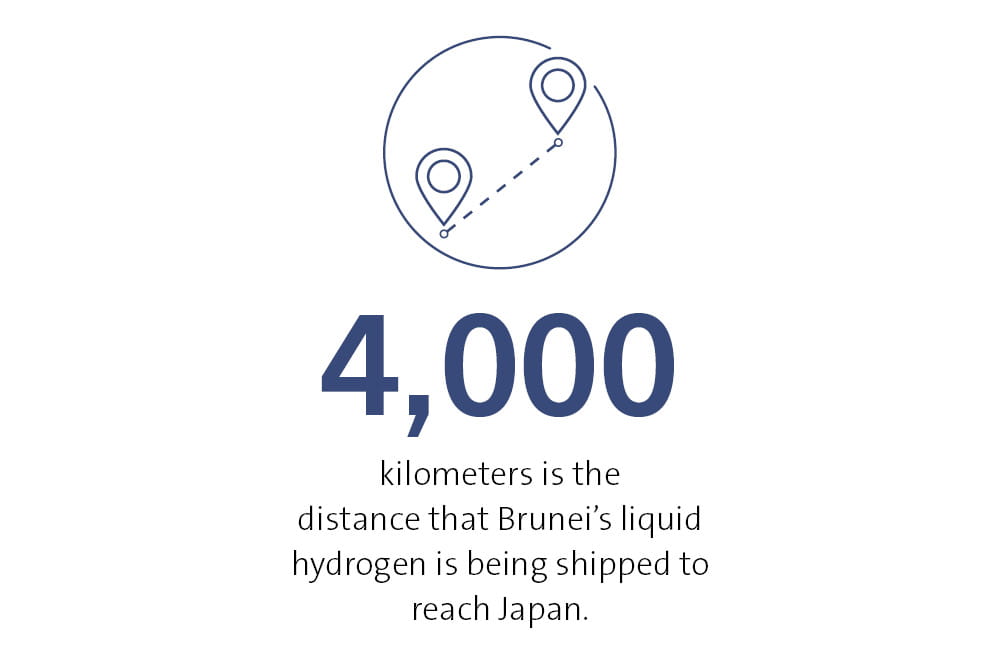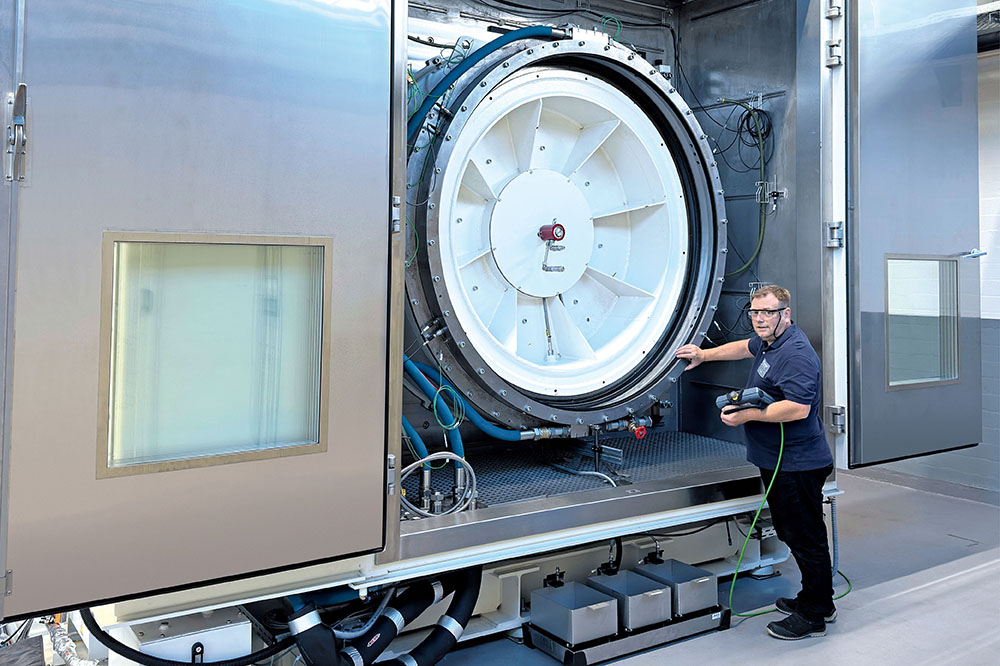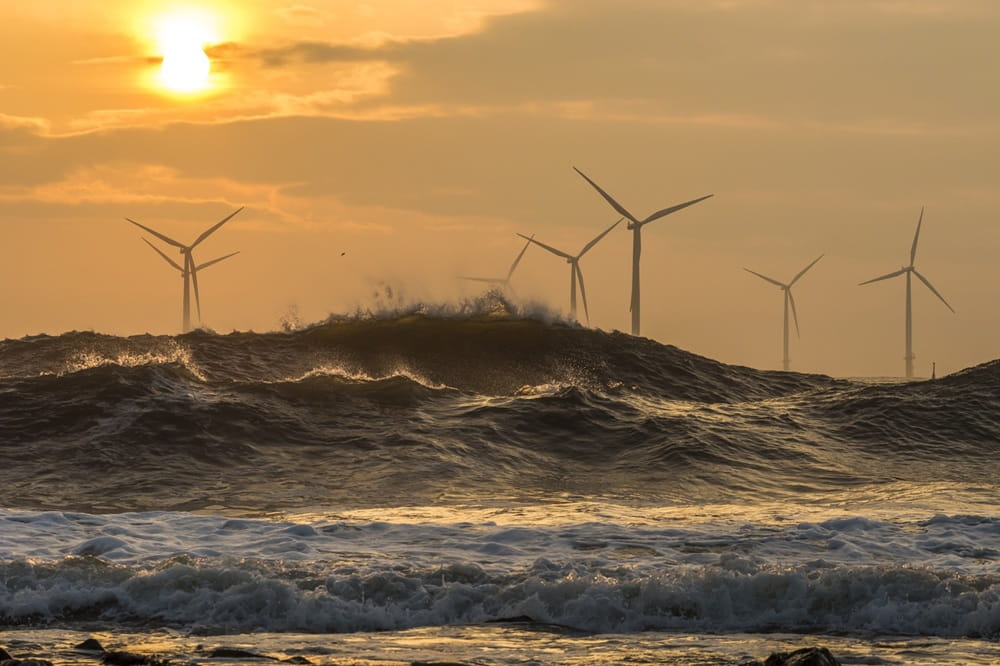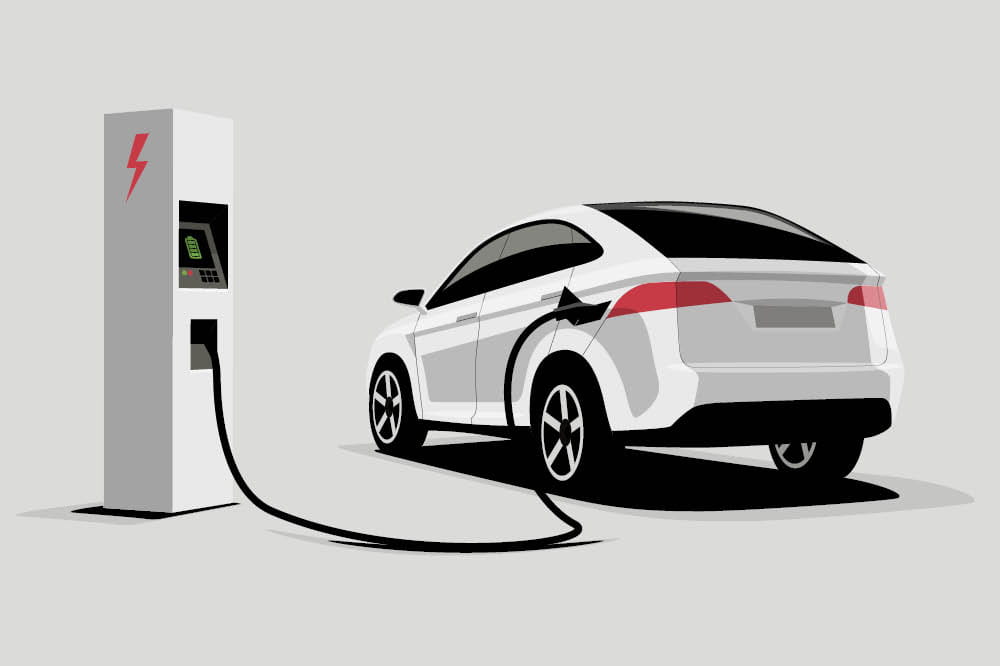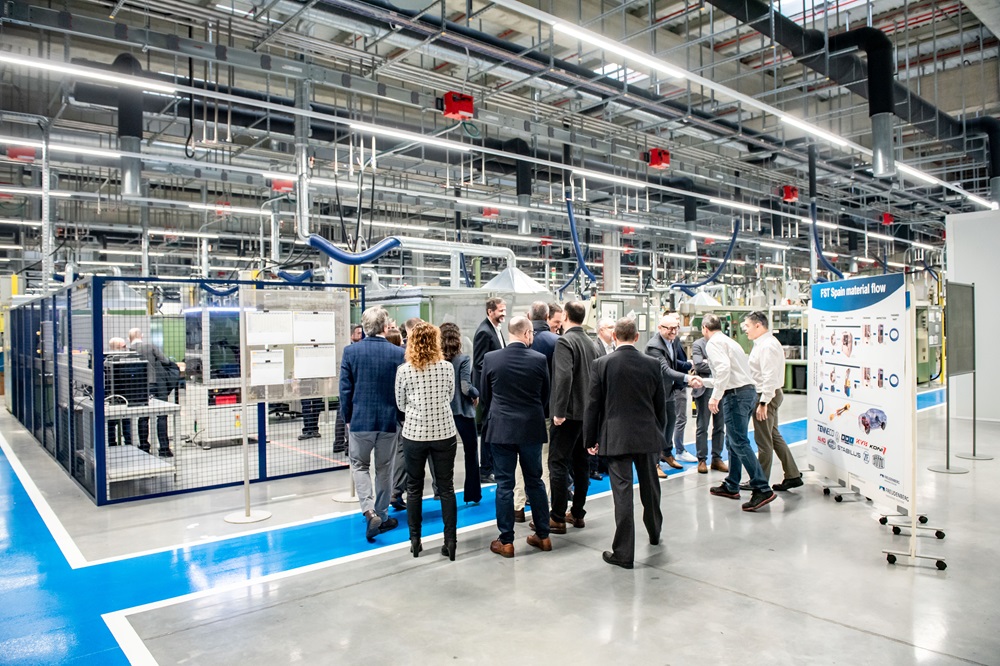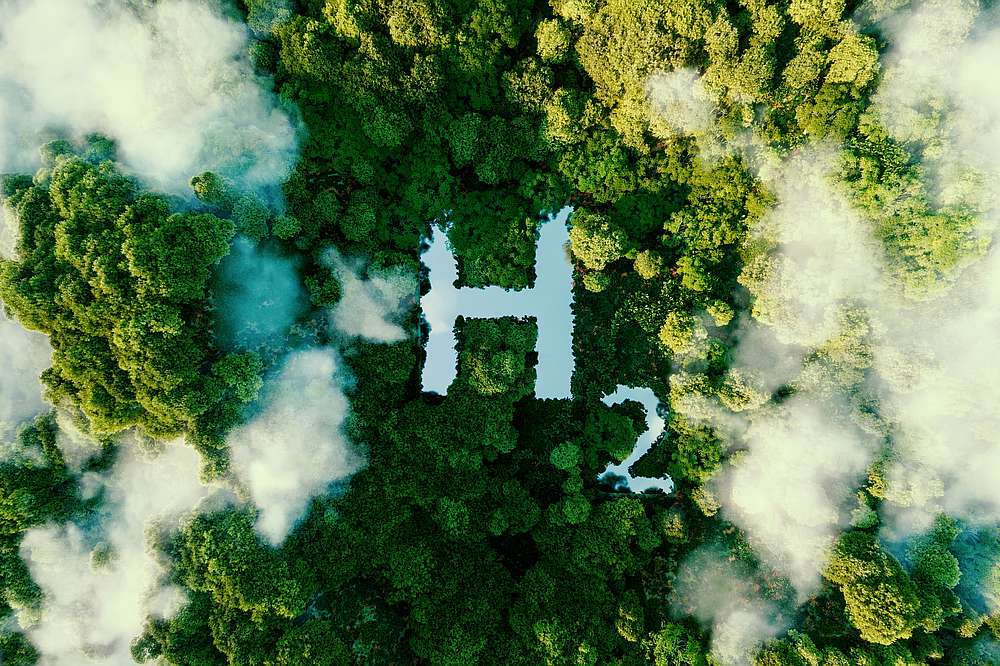Obtain news and background information about sealing technology, get in touch with innovative products – subscribe to the free e-mail newsletter.
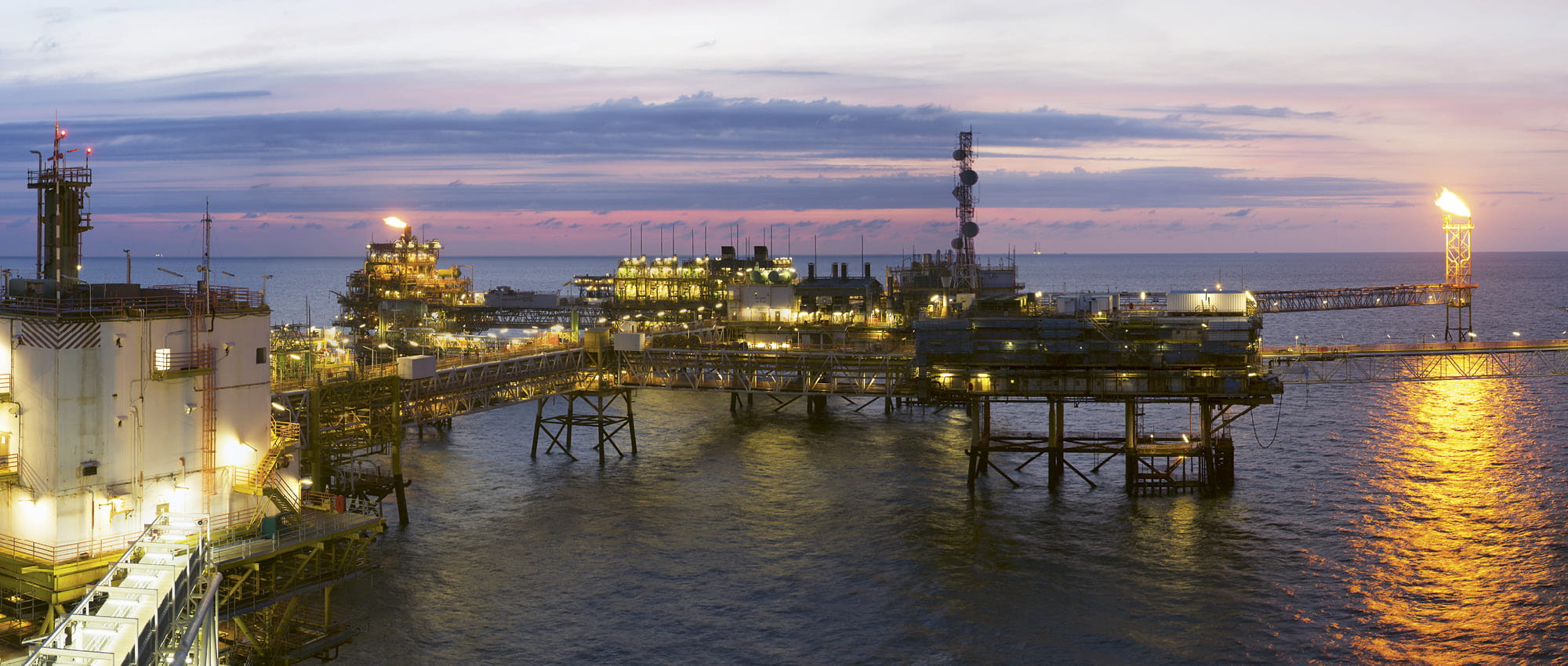
06.02.2024 | Story
Brunei’s Ambitious Plans For Hydrogen
Brunei is currently the largest per capita emitter in the region. But its wealth of natural gas represents a path to the future: hydrogen. It is already being exported to Japan. What else could be possible?
Brunei’s energy footprint is not exactly stellar. It is a small country on the island of Borneo with just 400,000 inhabitants. But it is wealthy, with its gross domestic product, adjusted for purchasing power parity, coming in at about US $68,000 per capita, matching the United States and well ahead of countries like Germany and France. Brunei’s prosperity is mainly based on two resources, oil and natural gas. The sultanate is superbly positioned in both of them. Raw materials represent more than half its economy, and more than 90 percent of its exports and state revenue. Brunei is dependent on fossil fuels. This has consequences.
Brunei’s energy sector is currently Southeast Asia’s largest per capita emitter of CO2: The country meets nearly 99 percent of its need for electricity with natural gas, and the rest with oil. The green energy from its single solar power plant meets 0.05 percent of its supply. But Brunei has another option, hydrogen, which could be its path to the future.
Enormous Potential For Hydrogen In Asia
Governments across Asia are looking at hydrogen. Japan would like to be the world leader in the field. South Korea is investing in hydrogen filling stations. China and India also have ambitious national hydrogen strategies. All of these countries are hoping that hydrogen can reduce CO2 emissions if substituted for oil and natural gas in steel mills and long-haul trucking, industries where electrification is not viable. Hydrogen is considered an important element of an emission-free future: When it is combusted, only water vapor is released. But it still takes energy to produce the gas. While so-called “green” hydrogen is generated with renewable energy, “gray” hydrogen involves something called a steam reforming process, usually starting out with natural gas. The approach is energy-intensive: About 10 tons of CO2 are produced per ton of hydrogen.
Brunei has been delivering gray hydrogen to Japan since 2019. The initial project caused a stir because it was the first time that hydrogen was exported internationally, in this case, over a distance of more than 4,000 kilometers (2,500 miles). Although the hydrogen from Brunei certainly reduced emissions in Japan, the gas, itself, is not currently being produced, using carbon-neutral processes. Brunei points out that companies have gained a tremendous amount of experience with the fuel in recent year, making the switch to more sustainable hydrogen easier. Brunei now has two options: significantly expand solar energy for the production of green hydrogen, or invest in carbon capture with the goal of either storing the CO2 or separating out the carbon for industrial uses.
Ideally Positioned For Expansion
A research report from the Economic Research Institute for ASEAN and East Asia (ERIA) puts the production and savings potential from the use of hydrogen at 2.75 million tons of oil units, the usual measurement unit for energy consumption from the combustion of a ton of oil. Brunei would mainly benefit from generating its hydrogen with natural gas from relatively small gas fields that would otherwise be uneconomical. There have also been technological breakthroughs that could be used to transform the gas normally burned (flared off) at the well site into hydrogen.
This puts Brunei into the ideal position to dramatically expand its use of hydrogen in its home market, the report said. Depending on the scenario, oil consumption in the transport sector would be reduced by up to 58 percent, and gas consumption in industry by about 18 percent. The entire prospect would become even more attractive for Brunei because more surplus natural gas would be exported. The report also calculates how the production costs for hydrogen would decline and efficiencies would increase as volumes rise to certain levels. Here the current “gray” production of hydrogen using steam reforming would even work to Brunei’s advantage.
Ambitious Sustainability Plans
“Brunei can make the shift to a hydrogen society,” the ERIA report states. All it takes is the political will. The other elements are available in abundance. The government has already announced a range of plans, including increased solar capacity and streamlined investments in sustainable hydrogen infrastructures. “The plans are as ambitious as the current situation in green energy is modest,” Asian media group Eco-Business has said. Brunei now has choices to make.
More news on the subject Renewable Energies

Join Us!
Experience Freudenberg Sealing Technologies, its products and service offerings in text and videos, network with colleagues and stakeholders, and make valuable business contacts.
Connect on LinkedIn! open_in_new